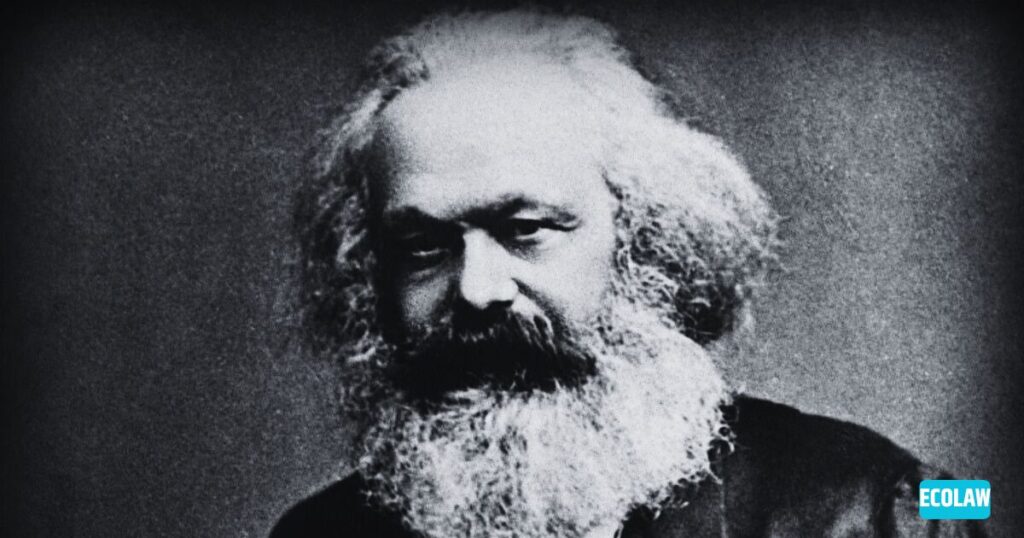Law and economics might sound like two completely different worlds, but in reality, they walk hand in hand—especially in India. Every major legal reform in India has been deeply influenced by economic theories. Whether it’s laws related to labor, taxation, trade, or welfare, economic principles guide lawmakers to balance growth with justice. Let’s dive into five powerful economic theories that continue to shape Indian law.
The Role of Economics in Indian Legal Framework
Indian law is not created in a vacuum. It reflects the social, political, and economic needs of the country. When India faced poverty and inequality after independence, laws leaned toward welfare economics. When globalization became inevitable, laws turned toward free-market policies. Simply put, economic theories act as the compass guiding lawmakers in India.
Adam Smith’s Theory of Free Markets and Indian Law

Adam Smith, the father of modern economics, believed in the “invisible hand” of the market. According to him, when individuals pursue their self-interest, society as a whole benefits.
- In India, this theory was strongly applied during the 1991 Liberalization, Privatization, and Globalization (LPG) reforms, where the government opened the economy to private players.
- Competition Act, 2002 also reflects Smith’s ideas, ensuring that monopolies don’t hurt free markets.
- Trade policies, foreign investment regulations, and privatization of industries carry Smith’s imprint in Indian law.
Keynesian Economics and Indian Welfare Laws

John Maynard Keynes emphasized that government intervention is necessary during economic slowdowns.
- This is seen in India’s welfare-oriented laws such as the Mahatma Gandhi National Rural Employment Guarantee Act (MGNREGA), which guarantees jobs to rural households.
- The National Food Security Act, 2013 also reflects Keynesian thought, ensuring basic food rights during economic distress.
- Public expenditure on education, healthcare, and subsidies are rooted in Keynes’s philosophy.
Marxist Economic Theory and Indian Labor Laws

Karl Marx focused on protecting workers from exploitation by capitalist forces.
- India’s Industrial Disputes Act, 1947, Trade Union Act, 1926, and Minimum Wages Act, 1948 echo Marxist concerns for laborers.
- Labor laws in India safeguard workers’ rights to unionize, demand fair wages, and work in safe environments.
- Landmark labor judgments highlight how Marxist economic principles continue to influence Indian jurisprudence.
Utilitarian Economic Theory and Law-Making in India

Jeremy Bentham’s utilitarianism is about creating the “greatest happiness for the greatest number.”
- Indian taxation system reflects this principle—collecting more from the rich to support the poor.
- Laws like the Public Distribution System (PDS) ensure that basic needs of the majority are met.
- Land acquisition laws often balance individual property rights against the needs of society at large.
Law and Economics Theory in Indian Courts
The modern Law and Economics movement argues that laws should promote efficiency and maximize social wealth.
- Indian courts have used cost-benefit analysis in several cases, especially environmental disputes.
- Example: In environmental clearance cases, courts weigh economic growth against ecological damage.
- This approach reflects a blend of economic reasoning with constitutional values.
Case Laws Reflecting Economic Theories
- Kesavananda Bharati vs. State of Kerala (1973) – debated property rights, economic reforms, and constitutional balance.
- R.C. Cooper vs. Union of India (1970) – bank nationalization case rooted in economic principles.
- Environmental cases like Vellore Citizens Welfare Forum vs. Union of India (1996) applied economic reasoning to sustainable development.
Influence of Globalization and Economic Theories
India’s laws increasingly adapt to global economic theories. WTO agreements, international trade rules, and intellectual property rights have shaped Indian policies. Globalization forced India to align its laws with market efficiency and global competitiveness.
Economic Theories in Indian Taxation Laws
Taxation is one of the clearest examples of economics meeting law.
- Progressive taxation reflects the utilitarian principle of fairness.
- Goods and Services Tax (GST) shows how modern economic theory simplifies and unifies markets.
- Tax incentives for industries echo Keynesian ideas of state-led economic growth.
Challenges in Applying Economic Theories to Indian Law
- India’s diverse population and income inequality often make it difficult to apply a single theory.
- Sometimes, laws look good on paper but fail in practice due to corruption, loopholes, or lack of awareness.
- Balancing growth with social justice remains India’s biggest challenge.
Future of Economics and Indian Law
With the rise of the digital economy, AI-driven markets, and cryptocurrency, Indian laws will need to evolve further. New economic theories will influence data protection laws, digital taxation, and labor rights in the gig economy. The partnership between economics and law will only grow stronger.
Also Read: Why GST 2.0 is in News – Explained for Students
Conclusion
Indian law is deeply intertwined with economic thought. From Adam Smith’s free markets to Keynesian welfare, from Marxist labor protection to Bentham’s utilitarianism, and finally the modern Law and Economics approach, economic theories shape how laws are made and interpreted. Understanding this link helps us see why laws are not just rules but tools to balance growth, justice, and equality in society.
FAQs
1. How do economics and law work together in India?
Economics provides the reasoning, while law provides the framework. Together, they guide India’s development.
2. Which economic theory influenced India’s liberalization reforms?
Adam Smith’s free-market theory was the foundation of the 1991 LPG reforms.
3. How does Keynesian theory appear in Indian law?
Through welfare programs like MGNREGA, food subsidies, and state spending during economic slowdowns.
4. What is the role of Marxist thought in labor laws?
Marxist ideas shaped laws protecting workers, trade unions, and minimum wages.
5. Why should lawmakers consider economics when framing laws?
Because without economic logic, laws can fail to deliver fairness, efficiency, or sustainability.